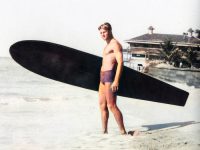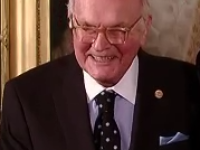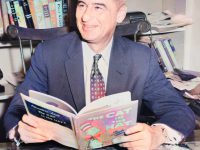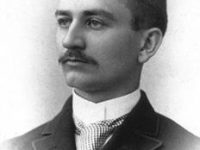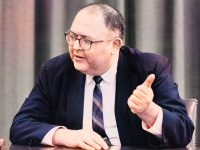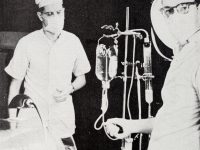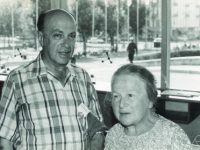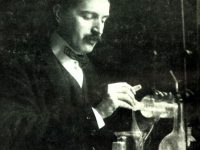How Tom Blake revolutionized the Surf Sport
On March 8, 1902, American athlete, inventor, and writer Thomas Edward Blake was born. Blake is widely considered to be one of the most influential surfers of all time and a key figure in transforming surfing from a regional Hawaiian specialty to a nationally popular sport. He was the first to experiment with making better surfboards, revolutionizing board design in the process with lightweight materials and the fin. He also was the…
Read more

